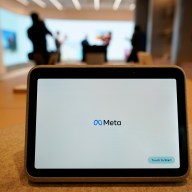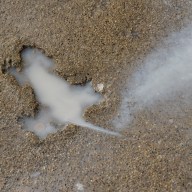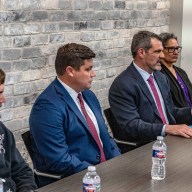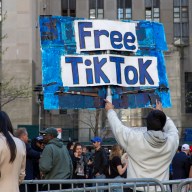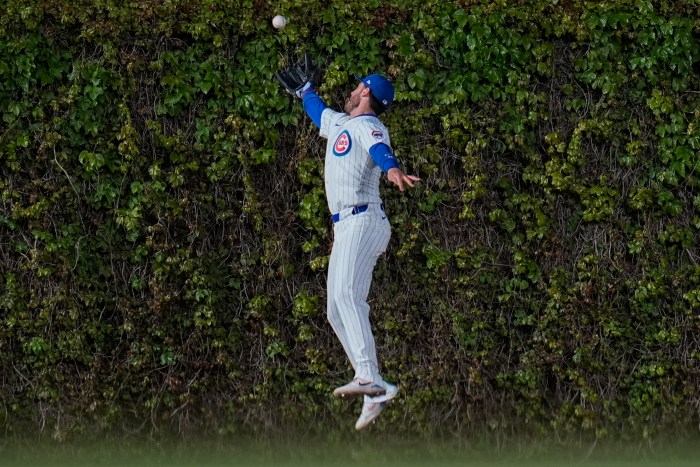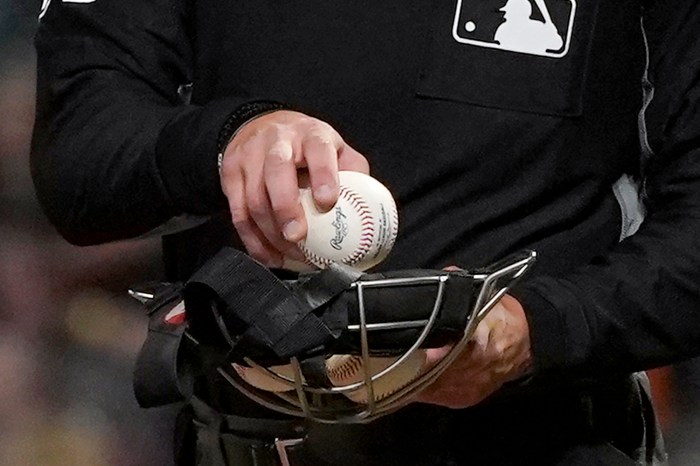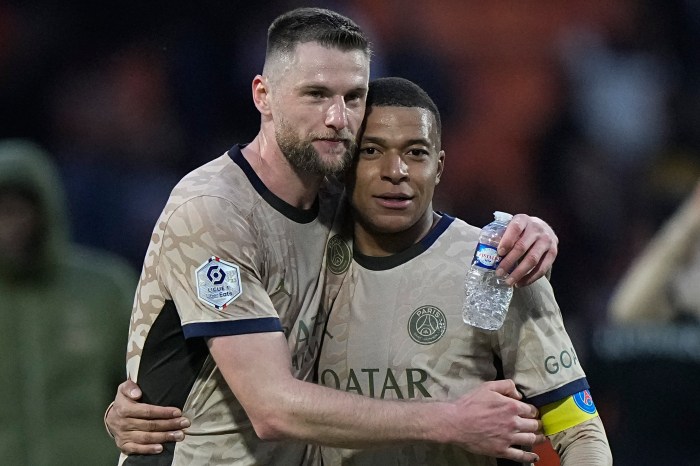By Mitch Phillips
LONDON (Reuters) – Russia’s athletics federation still has a long road to navigate if it is to overturn its ban after the head of the IAAF’s Task Force reported on Monday that several criteria for reinstatement remained unmet.
Nineteen Russians will compete as neutrals at the World Athletics Championships, which begin in London on Friday, but the rest, just as they did for last year’s Rio Olympics, will be watching from home as their federation remains suspended.
“Our impression is that they really want to meet all the criteria, they have shown huge progress since November 2015, but there are still issues to resolved,” Rune Andersen, the Task Force head, told reporters following his presentation to the IAAF Council.
“The main issue is that no meaningful (drugs) testing is being conducted. They have started but where they used to do 19,000 a year it’s now just a few thousand and RUSADA (Russia’s anti-doping agency) remains not code-compliant.”
Andersen said he had noticed an encouraging change in culture “starting with the athletes” but added that there was still an issue with banned coaches continuing to operate freely, particularly in race walking, a discipline where Russia has had a terrible doping record in recent years.
There was also still an issue with a lack of acceptance of the McLaren report which exposed the country’s state-sponsored doping and led to the ban.
The earliest possible return for Russia was November but in the light of the Task Force’s concerns that looks extremely unlikely.
IAAF president Sebastian Coe said the world body’s system of clearing individual Russian athletes to compete was working.
“We find the clean athletes and separate them from the tainted system,” he said.
“Ultimately we can then be sure that they are not putting at risk the efforts those clean athletes have devoted maybe half their lives to.”
Coe said that the biggest problem his sport currently faced was not doping but engagement, particularly with the younger generation. He announced the foundation of a Youth Council which he said would help the IAAF to better understand what youngsters thought about and wanted from athletics.
Coe acknowledged that the World Championships was one of the key shop windows for the sport and, with London having sold more tickets than for any previous edition, was confident it could take full advantage.
“It’s our chance to shine,” he said, “We want big, indelible moments that people will remember and that will attract young people who will want to take up our sport.”
His biggest draw, Usain Bolt, will be appearing for the last time in London and Coe recognized that filling that void would be an enormous, and probably impossible, challenge.
“Usain Bolt is a genius; other than Muhammad Ali I can’t think of anybody who has had such an impact on his sport inside or outside,” Coe said of the Jamaican.
“He’s the greatest sprinter of all time but what we are going to miss more is the personality. We want athletes with personalities, it’s nice to have someone who has a view and fills a room and fills a stadium.
“There’s a pressure on us now to figure out how we get smarter at building the profiles of great athletes out there.
“Our biggest challenge is remaining relevant to young people and that’s what we’ve spent most of the day talking about.”
(Editing by Clare Fallon)







